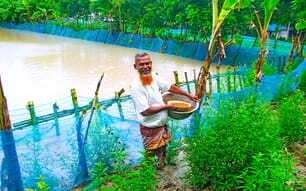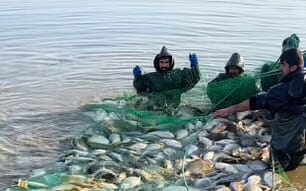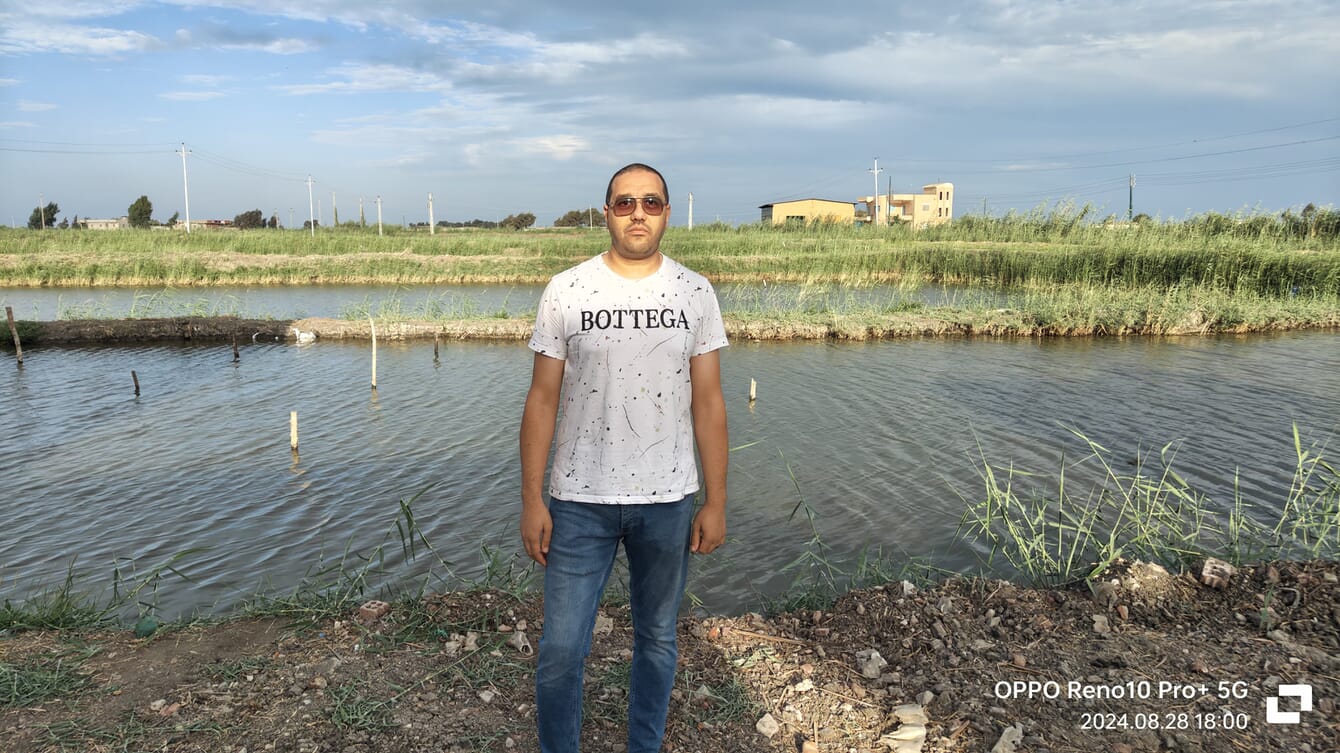
What inspired you to start fish farming?
It was the family business and, as the eldest of my siblings, I felt a strong sense of responsibility. Despite my initial degree in IT. I also became captivated by the hatchery during my university days.
What’s your production capacity?
Annually, we produce 15-20 million Nile tilapia fry across eight cycles. In addition, our breeding operations yield approximately 200,000 tilapia and 2,000 mullet. The size of the mullet ranges from 300 to 400 grams, with the tilapia averaging 250 grams.
Does the hatchery have any special design features?
The hatchery occupies 2.5 acres within 10 acres of land. Within the facility, there are five greenhouses, each with 25 concrete tanks sized 3 metres by 8 metres and 1.5 metres deep.
Two of these greenhouses are dedicated to reproduction, accommodating 15 males and 45 females per tank. The remaining greenhouses serve as nurseries, with a capacity of up to 50,000 fry per tank. Additionally, there is a 2-acre external pond with a depth of 3 metres, used for water filtration.
What does a typical day’s work consist of for you?
A typical day at our hatchery involves routine checks, including monitoring water quality, managing fish feed and preparing fry for transfer. These daily tasks are essential to maintaining the productivity of our stock.
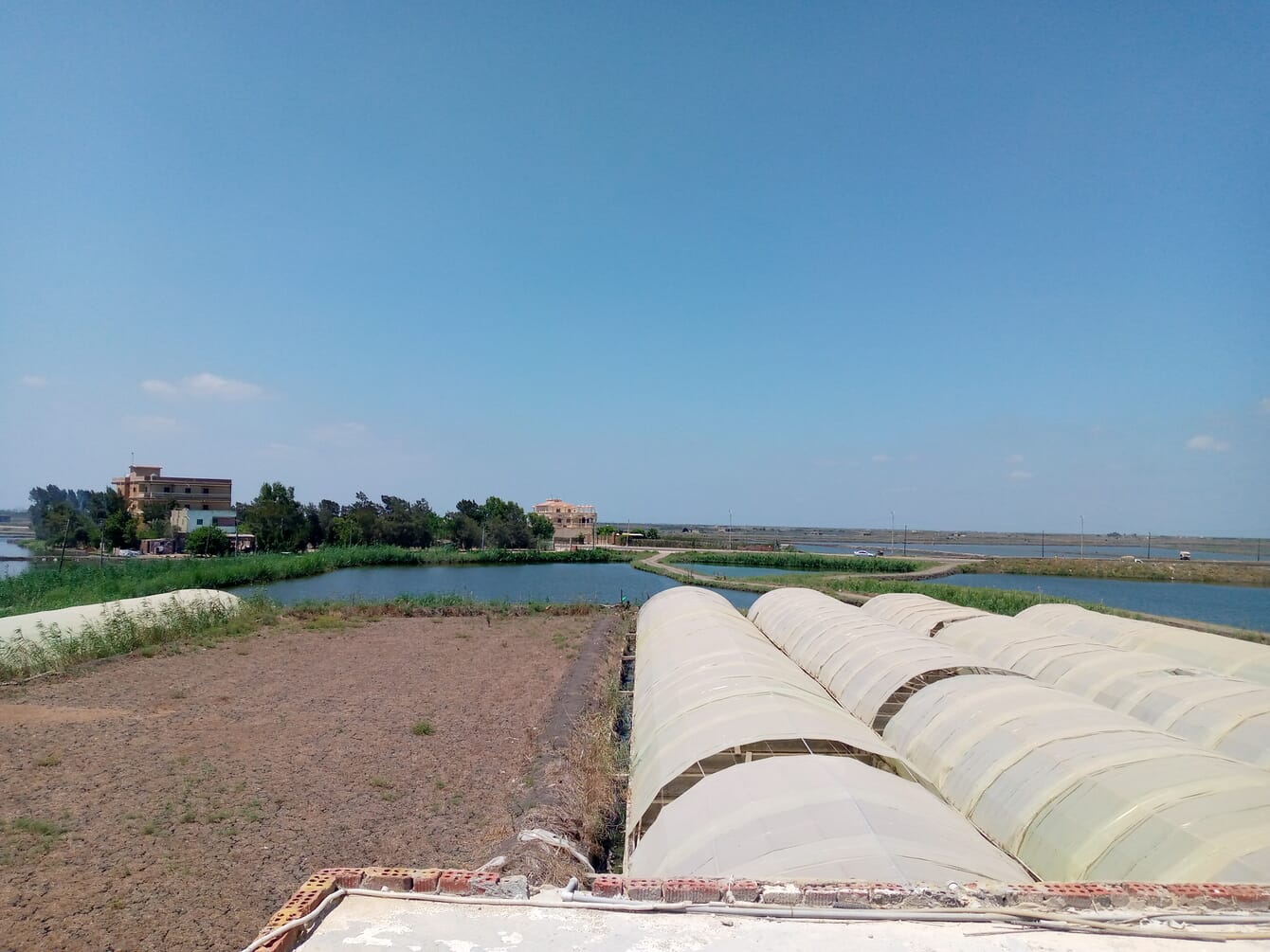
What are the biggest challenges at work?
We face challenges such as high temperatures and sudden mortality during June, July and August. To address these issues, we continuously monitor and manage water quality. This helps us minimise risks and maintain the productivity of our tilapia fry throughout these critical months.
What achievements in aquaculture are you most proud of?
Our greatest pride is that my father, Dr Salah Ibrahim, was among the pioneers in introducing monosex tilapia to Kafr El-Sheikh in 1995. Today, we take pride in the exceptional quality of our production, marked by low mortality rates. This consistency in quality has earned us the trust of our customers and made our reputation as leaders in the industry.
What do you prioritse in your breeding programme?
We prioritise selecting high-quality broodstock, as they are the basis of the hatching process. We bring our females from the natural population in the Nile River at Aswan to minimise the risk of inbreeding and understand that the quality of the broodfish directly impacts the quality of the fry.
We also focus on maintaining water quality. We use a specific purification pond to treat the water before it is distributed to the greenhouses. Additionally, we add probiotics to ensure optimal water conditions, promoting a healthy environment for our broodstock.
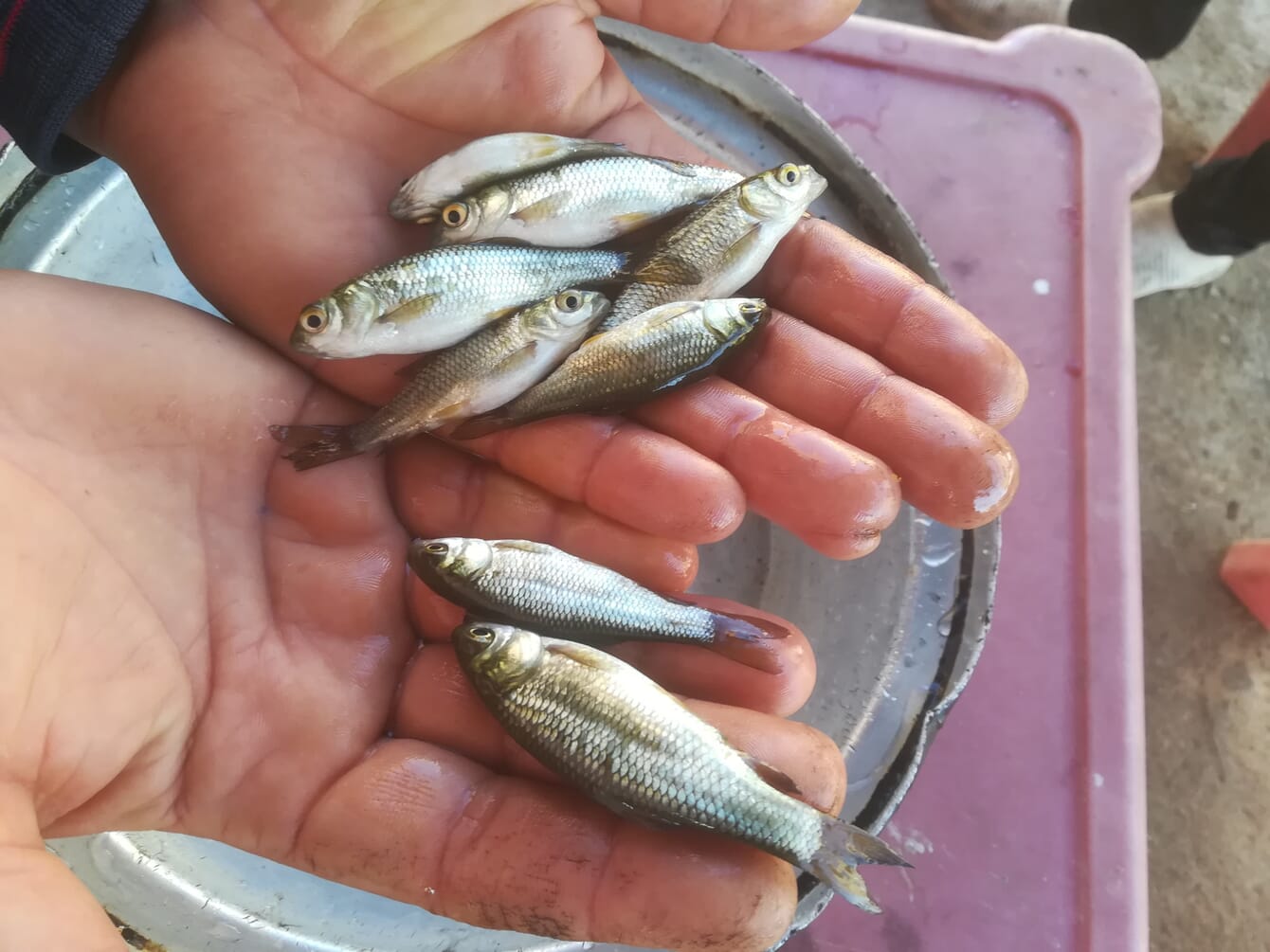
What are the main trends in tilapia hatchery management?
Maintaining the quality of fry is a key focus in managing tilapia hatchery trends. Achieving this involves several critical practices, including:
- Feed management: the type of feed and proper feeding frequency is essential.
- Biosecurity: biosecurity protocols are vital to prevent disease outbreaks.
- Disease prevention: effective strategies for disease control are important and our large hatchery area minimises the risk of disease transmission between farms.
Who are your main customers?
Our clients include local farmers, government agencies such as the Cairo Research Center and others, as well as various other organisations, including WorldFish. Our diverse client base reflects the trust and recognition we have earned in the industry.
How do you ensure the quality of tilapia fingerlings during transportation?
We have replaced traditional methods of transporting fry in bags with vehicles equipped with oxygenated containers that maintain appropriate water temperature and quality. This ensures that our fry arrive in optimal condition.
Do you also work with WorldFish?
I began my work with WorldFish in 2017 through a "Training of Trainers" programme designed to prepare people to train Kafr El-Sheikh farmers. This ran for four years and, although it has concluded, I continue to support the farmers.
Representatives and trainees from WorldFish and the Egyptian Aquaculture Center regularly visit us to exchange experiences. We also recently hosted a tilapia welfare workshop at the hatchery in which we collaborated with FAI, Ethical Seafood Research and Aquavet Egypt.
Every year, we also offer official training programmes for college students alongside our private training sessions. And we look forward to further collaborations and knowledge-sharing within the industry.


